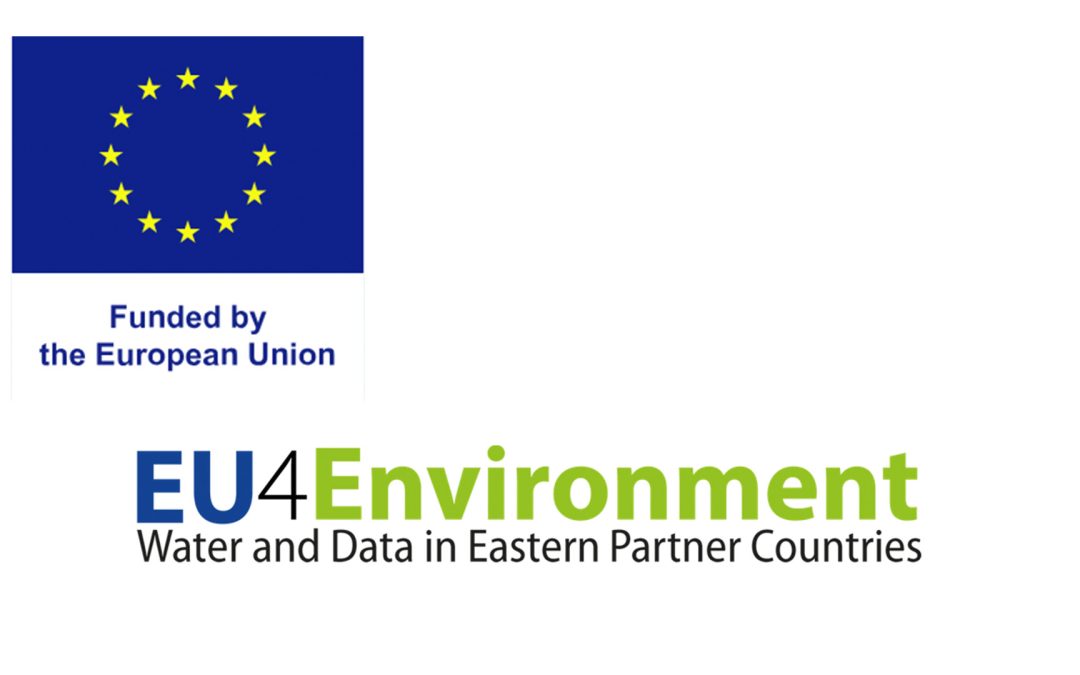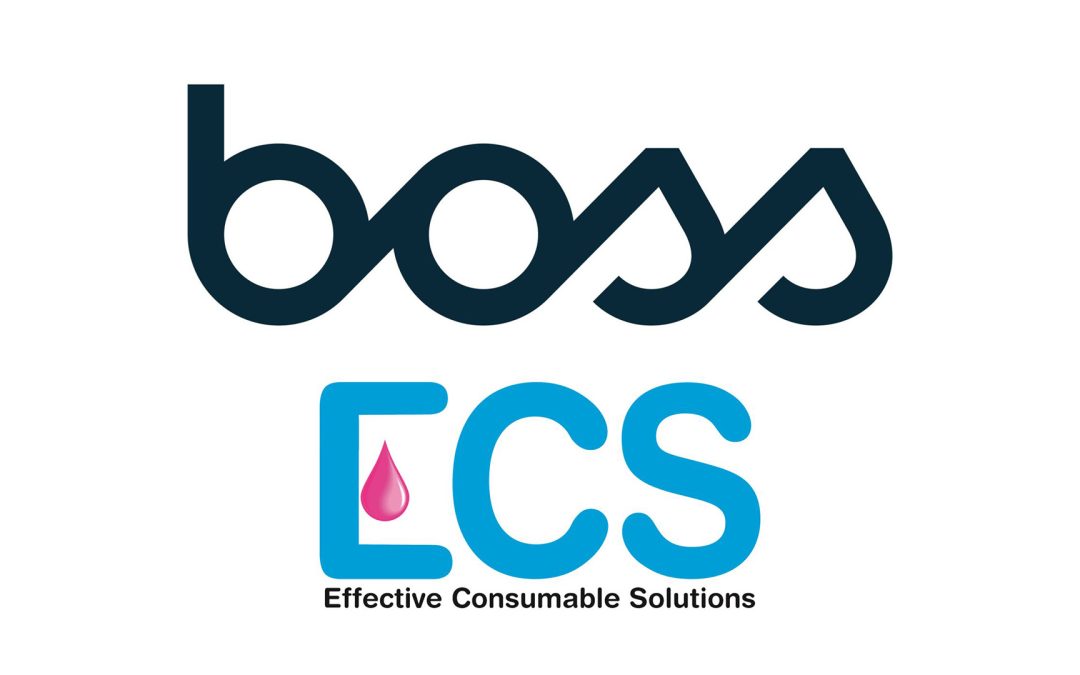Having turned down the Voluntary Agreements proposal for imaging equipment, the European Commission has proposed new rules and guidelines which will go to greater lengths in order to achieve the objectives outlined by the Circular Economy Action Plan (CEAP), which the voluntary agreement failed to do.
As both a remanufacturer and recycler, Effective Consumable Solutions suggest that it could be a day to celebrate for all circular economy enthusiasts within the industry as the proposals will expand on existing eco-design rules by encouraging longer product lifespans, supporting the growth of circular economy business models and helping customers to combat greenwashing by providing them with the knowledge to make more environmentally friendly purchasing choices.
To do this, the new proposal intends to use the successful eco-design approach to set product-level requirements that promote energy efficiency as well as circularity and overall reduction of environmental and climate impacts. These requirements will be set in product-specific legislation and will include rules to make a broad range of products that circulate the EU market more ‘durable, reliable, reusable, upgradable, reparable, easier to maintain and refurbish, and energy and resource efficient.’ The substances contained within products that inhibit circularity or the amount of recycled content within may also be addressed, as well as ways to make them easier to remanufacture and recycle.
The UK remanufacturer and recycler added that the aim of the proposals is clearly to encourage a move away from a ‘take-make-dispose’ linear economy through a more circular approach that hinges upon limiting the products that can be placed onto the EU market by implementing strict green guidelines which ultimately are very positive for the UK business and other recyclers and remanufacturers alike.
ECS’s Director, Chris Fink stated: “The new proposals outlined by the EU Commission look promising, as firmware updates will become a thing of the past, which in turn will reduce many of the barriers and hurdles that we face as remanufacturers when it comes to the remanufacturing process itself, as chips themselves should also become available as a standard part.”
The outcome of these proposals, while mostly positive do come with some negatives for European remanufacturers. Fink added: “While overseas markets will certainly be hit hard, it doesn’t mean that we’ll be rid of products coming from China, Africa and Central Europe – only that their new products will have to meet the new standards. These types of proposals also take time to create and enforce, allowing companies that don’t currently meet these standards to change and adapt. It also provides another area of disruption the market on top of the current climate that is already difficult to navigate.”
Alongside these proposals, the European Commission also included the potential addition of a Digital Product Passport, which would store key data to improve traceability around products by setting out information requirements which will provide key knowledge to customers about the impacts of the products on shelves, allowing end users to make a more informed, sustainable choice.
ECS’s Director of Recycling, Adrian Lovatt explained: “As a company who is at the forefront of the campaign to encourage consumers to use remanufactured products, the digital product passport can only be beneficial to us and the rest of the aftermarket and should be a major talking point among our industry peers. As an organisation with a circular business model a large part of our effort is put into highlighting the importance of consumer choice when it comes to toner cartridges with the many benefits that can be had through the use of eco-friendly remanufactured products.”
The remanufacturer concluded by pointing to the fact that while there are a number of benefits to be expected from the EU Commissions latest proposals, many of these will hinge upon how thoroughly these proposals are implemented and will be highly dependent upon the time-frame in which they will be delivered.




















